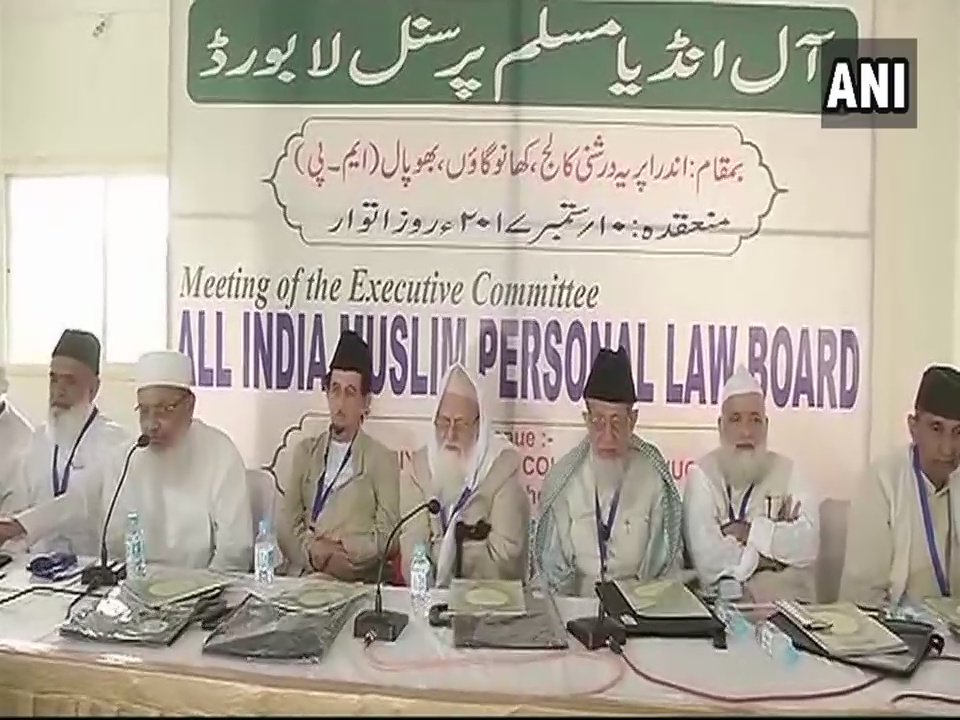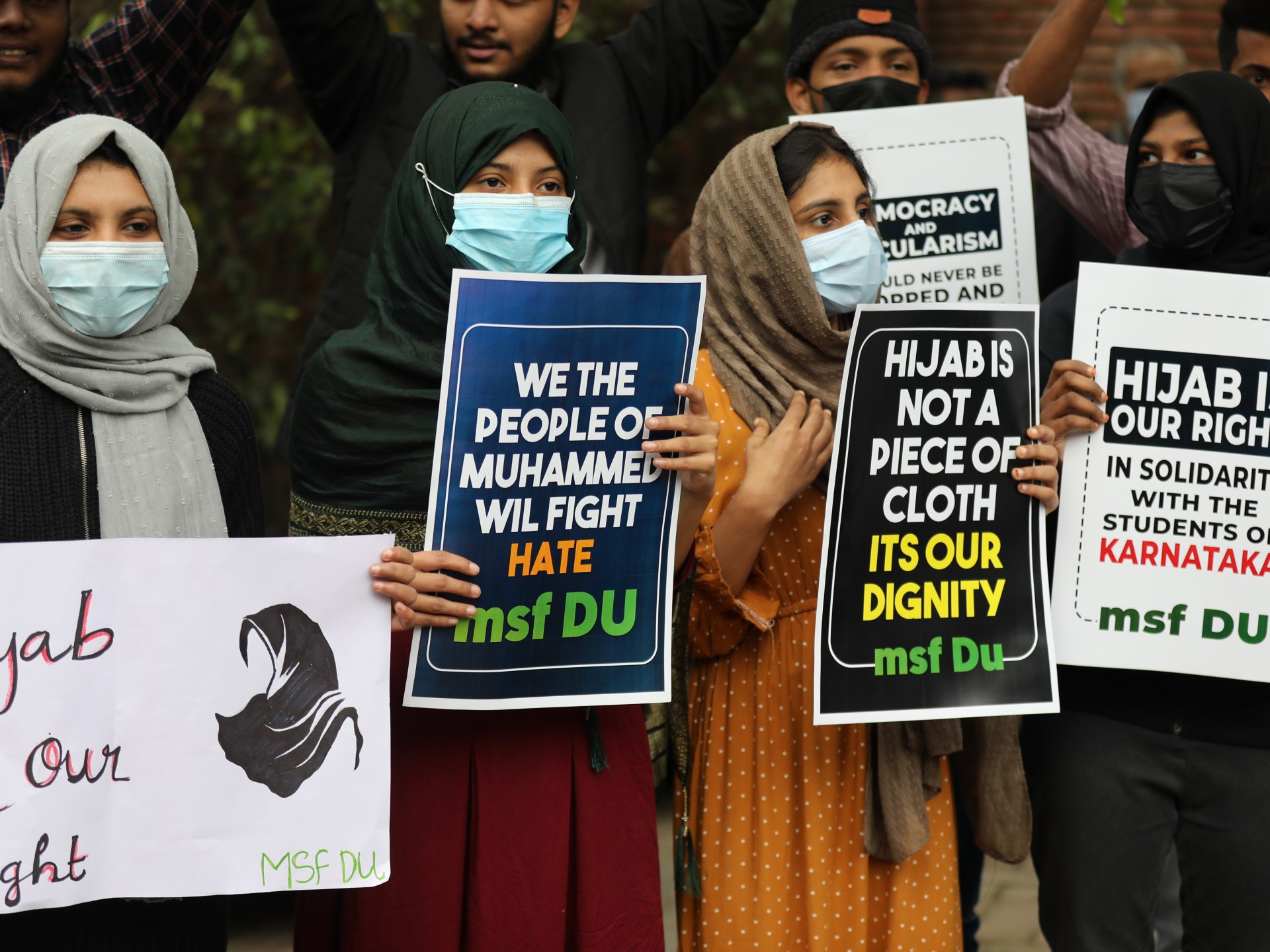Sharia law, also known as Islamic law, is a legal system that is based on the teachings of the Qur'an and the practices of the Prophet Muhammad. It is followed by Muslims around the world and is considered to be divine law. In India, sharia law has a limited application and is not recognized as the supreme law of the land.
India is a secular country with a diverse population and a complex legal system. The Constitution of India guarantees equality before the law and prohibits discrimination on the grounds of religion, race, caste, or gender. The legal system in India is based on common law, which means that it is largely influenced by English law.
There are several personal laws that apply to different religious communities in India, including Hindu law, Christian law, and Muslim law. Muslim law is governed by the Muslim Personal Law (Shariat) Application Act of 1937, which allows Muslims in India to follow sharia law in matters of personal law, such as marriage, divorce, inheritance, and maintenance.
However, sharia law is not recognized as the supreme law of the land in India and is subject to the Constitution and other laws of the country. If there is a conflict between sharia law and the Constitution or other laws of the country, the latter prevails.
There have been debates and controversies surrounding the application of sharia law in India. Some argue that sharia law is discriminatory towards women and violates the principles of equality and justice. Others argue that sharia law is a matter of personal faith and should be respected as such.
In recent years, there have been attempts to reform sharia law in India and bring it in line with modern principles of gender equality and human rights. In 2019, the Supreme Court of India ruled that the practice of triple talaq (instant divorce) among Muslims was unconstitutional and violated the rights of women. This was seen as a major step towards the reform of sharia law in India.
In conclusion, sharia law has a limited application in India and is not recognized as the supreme law of the land. While it is an important part of the personal laws of Muslims in India, it is subject to the Constitution and other laws of the country. There have been debates and controversies surrounding the application of sharia law in India, but there have also been efforts towards reform to ensure that it is in line with modern principles of gender equality and human rights.








